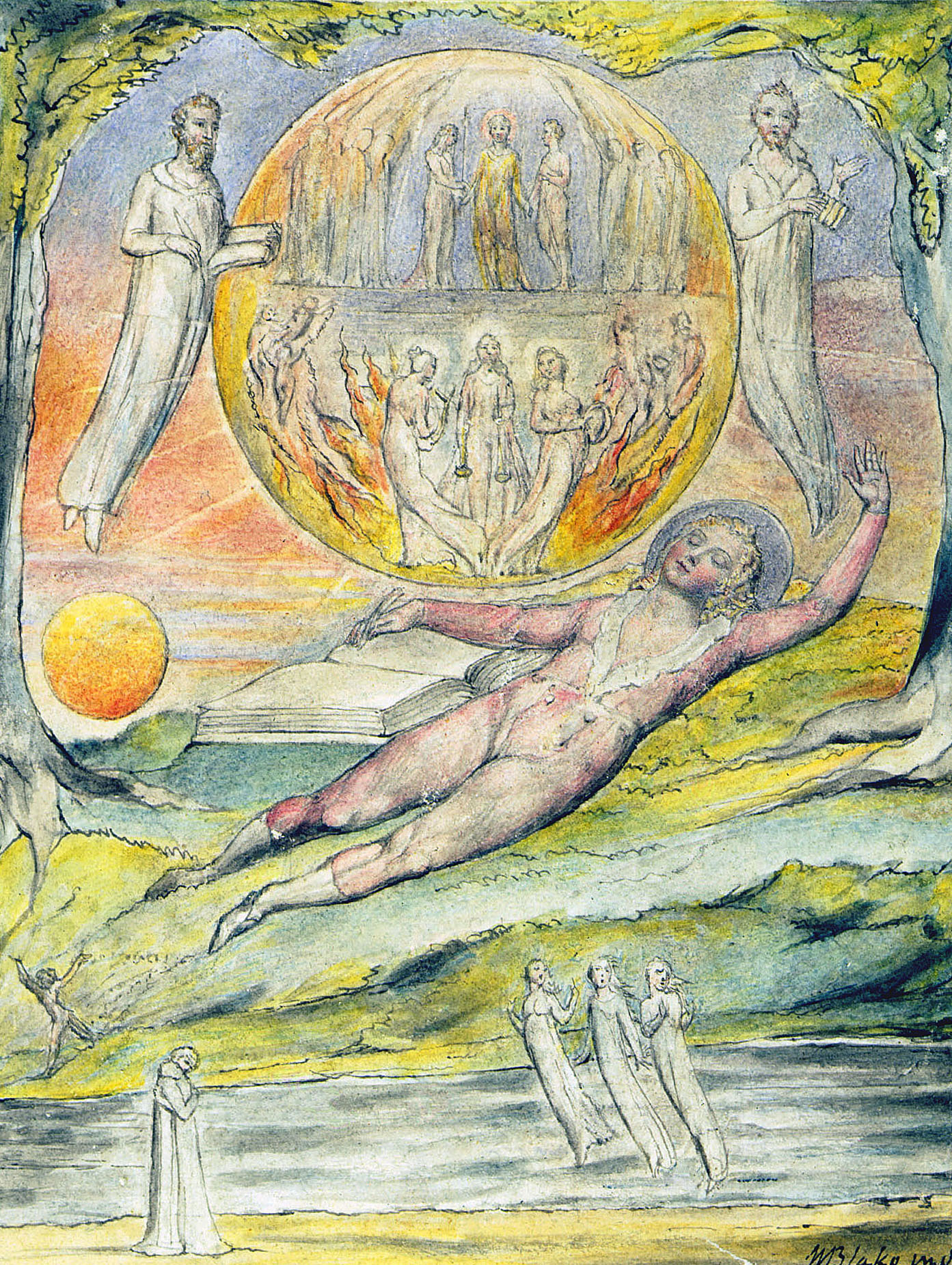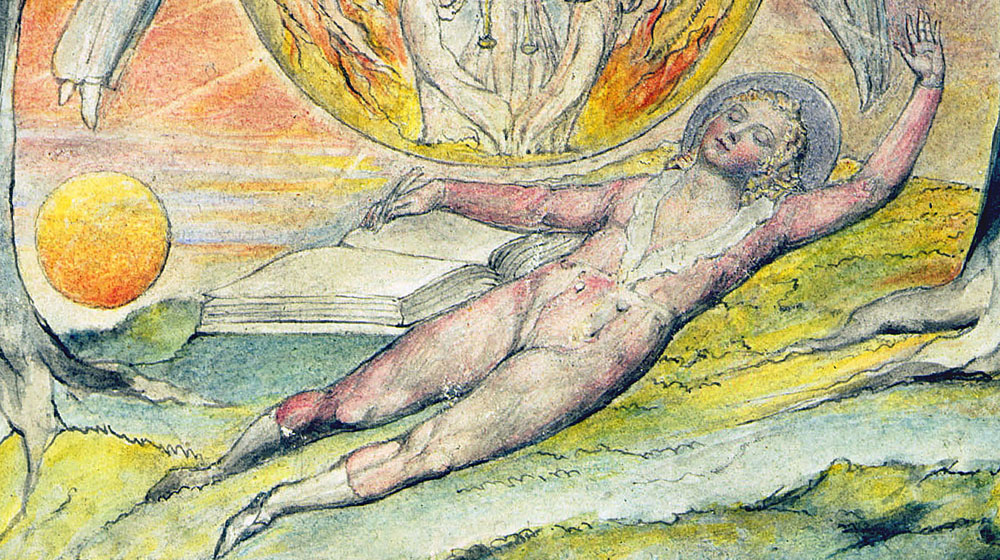‘Shewing the Two Contrary States of the Human Soul’
Ramazan Saral will explore the influence of Milton’s L’allegro and Il Penseroso on Blake’s Songs of Innocence and of Experience. Milton’s companion poems L’Allegro and Il Penseroso are reflections by the poet on mirth and melancholy as two contrary states of the human soul. The former, which means ‘The Happy Man’, celebrates mirth as the best mood a person can achieve, while shunning melancholy as a destructive force. Il Penseroso, on the other hand, means ‘The Thinker’ and celebrates melancholy as a more mature, contemplative mood and shuns mirth as a youthful fancy. The cadence, imagery and musicality in these poem further highlight this juxtaposition.
William Blake’s Songs of Innocence and of Experience, similarly reflect upon the ‘two contrary states of the human soul’. The lullaby-like quality of the Songs of Innocence present a safe, protected world through the innocent eyes of children, shepherds and the like with subtle undertones of danger that lurks behind this apparent safety. The Songs of Experience, on the other hand, reflect upon a world that is harsh, brutal and threatening. These collections of companion poems present the same world through altering perceptions of the same people, in different times, accentuating the significance of perception in modelling the world they live in.
Although there aren’t any studies that focus on the influence of Milton’s L’Allegro and Il Penseroso on Blake’s Songs of Innocence and of Experience, Ramazan believes that they play an important role in the formation of Blake’s idea of companion poems. Focusing on the cadence, imagery and musicality inherent in Blake’s poems, he will compare selected poems with those of Milton and claim that the fundamental influence on the conception of Songs of Innocence and of Experience is Milton’s companion poems.

Ramazan Saral received his PhD in English literature from Ege University, Turkey in 2023. His interests are Romantic poetry, mythopoeia, and Blake. He teaches mythology, poetry and classical literature. He also writes poems, and his work has been published in VALA.

